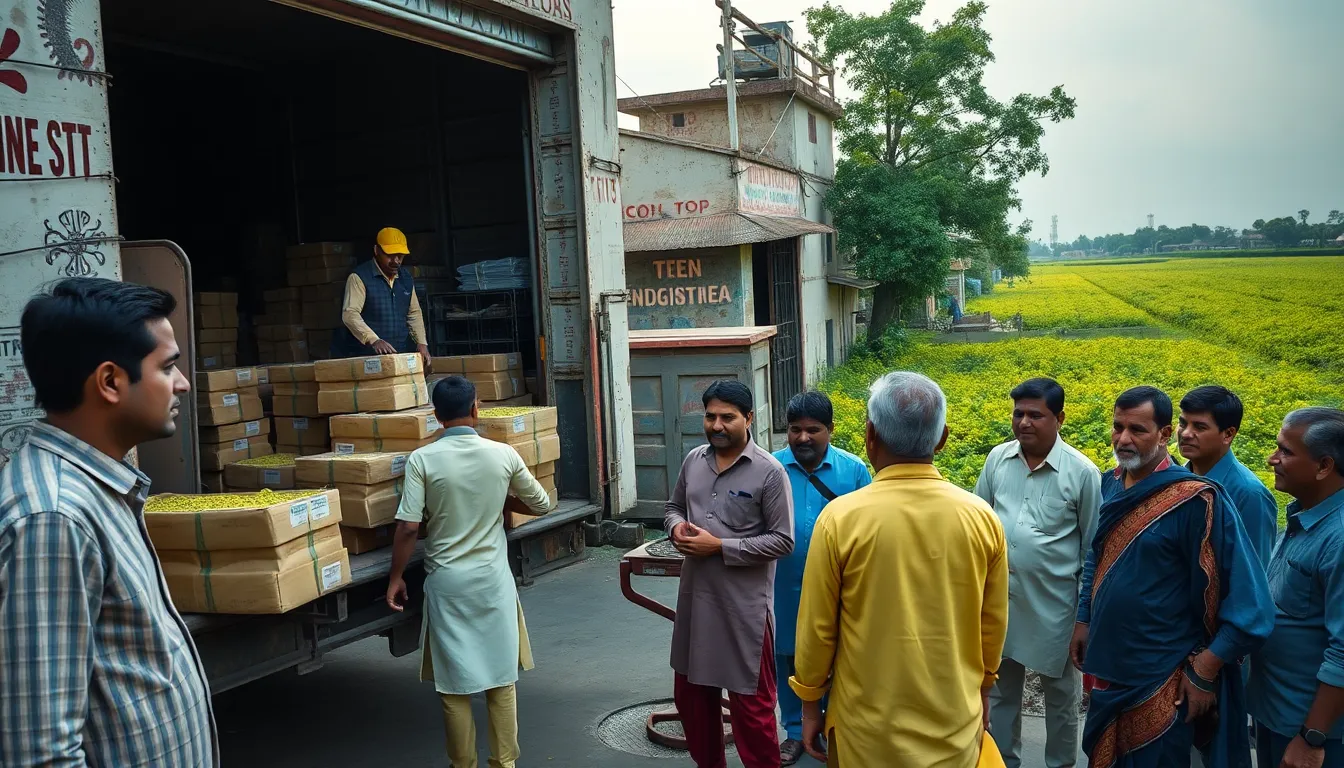Indian tea is facing a potential crisis due to rising tensions between Iran and Israel. Iran has been one of the largest markets for Indian tea, and the ongoing conflict could disrupt the supply chain. The Indian Tea Exporters Association has expressed concerns about current and future orders. Many tea shipments have already left, but some are still waiting to be dispatched.
The demand for traditional Indian tea in West Asian markets, especially Iran and Iraq, has been strong. However, the recent conflict has raised fears about the stability of tea exports. The association’s members are in contact with their buyers to assess the situation and determine the next steps.
Historically, Iran has imported about 30 million kilograms of tea from India each year. In 2022, this number was 22.2 million kilograms, but in 2023, it fell dramatically to just 5.9 million kilograms due to a halt in contracts. A slight recovery is expected in 2024, with exports projected to increase to 9.2 million kilograms. However, these figures do not reflect the complete picture. Some tea is sent to Iran via the United Arab Emirates, complicating the statistics.
The situation has become more complicated as the world’s largest tea supplier, Sri Lanka, continues to face production issues, which gives Indian exporters a significant opportunity. India produced 128.47 million kilograms of tea in 2024, with 11.86 million kilograms being traditional tea. As Sri Lanka’s production remains unstable, Indian companies are well-positioned to fill the gap.
As the Israel-Hamas conflict escalates, Indian tea exporters are growing increasingly concerned about how this could affect their business. The Indian tea industry relies heavily on exports to Iran, and any further escalation could have dire consequences for this sector.
Many tea shipments are still pending, and exporters are unsure how the situation will develop. Payment uncertainties are also a significant concern as the conflict may impact financial transactions. The Indian government has been monitoring the situation closely, given that Indian nationals in the Gulf region play a crucial role in the economy. In 2022, remittances from Indians in the Gulf reached approximately $45 billion.
India’s Foreign Ministry has expressed deep concern over the conflict and has urged both parties to engage in dialogue to prevent further escalation. With significant Indian nationals residing in both Iran and Israel, the safety of these individuals is paramount. Approximately 18,000 Indians live in Israel, many of whom are students, while over 10,000 reside in Iran.
In the context of rising oil prices, the conflict could further strain India’s economy. The price of crude oil has surged following the conflict, with significant implications for inflation and the domestic market. India imports about 86% of its crude oil, with 60% sourced from Gulf countries. An increase in oil prices could lead to higher transportation costs, affecting various sectors, including tea exports.
As the situation develops, the Indian tea industry is watching closely. Should the conflict escalate further, it could disrupt not only tea exports but also the broader economic stability of India, given its intricate ties with both Iran and Israel. Exporters are hopeful for a quick resolution that will allow trade to continue without interruption. For now, the focus remains on monitoring the situation and preparing for any potential impacts on the tea export industry.


Leave a Reply